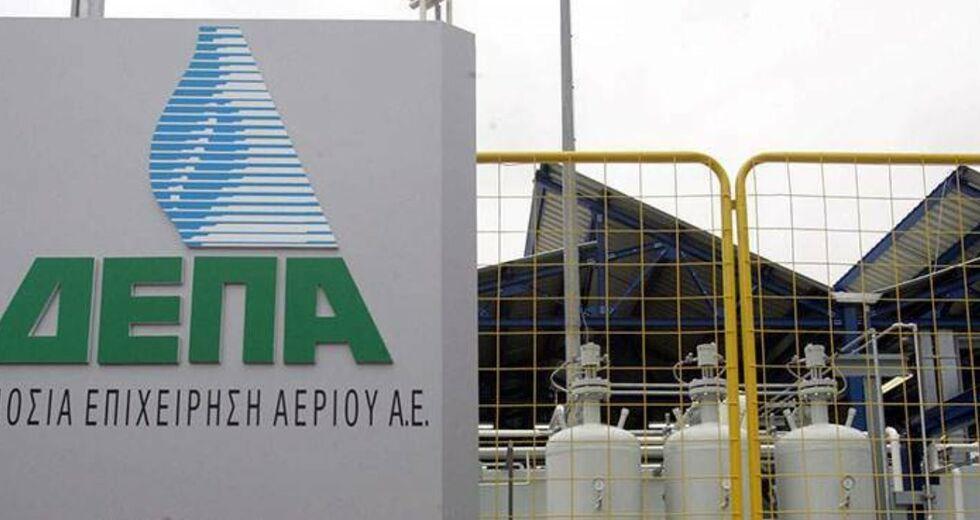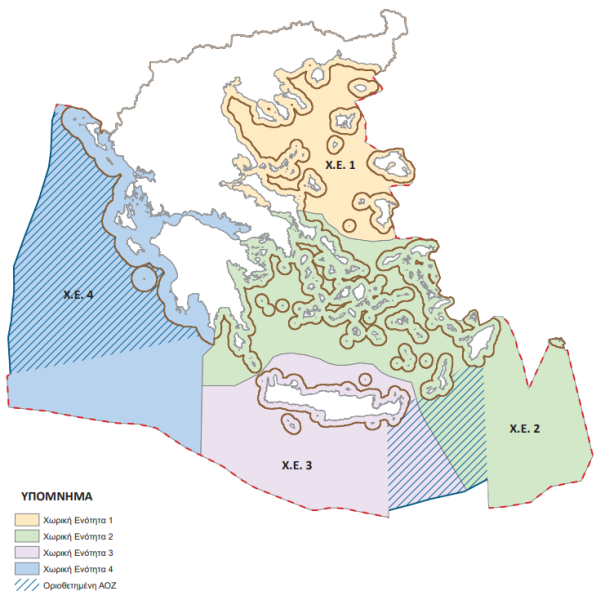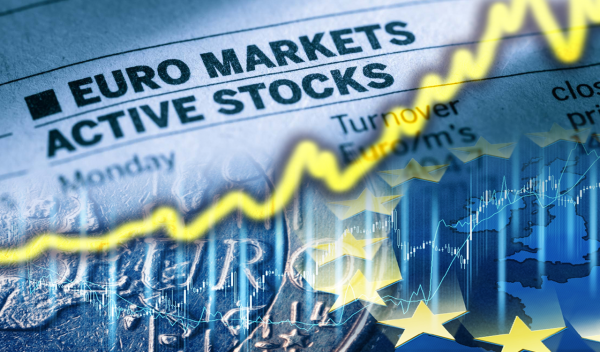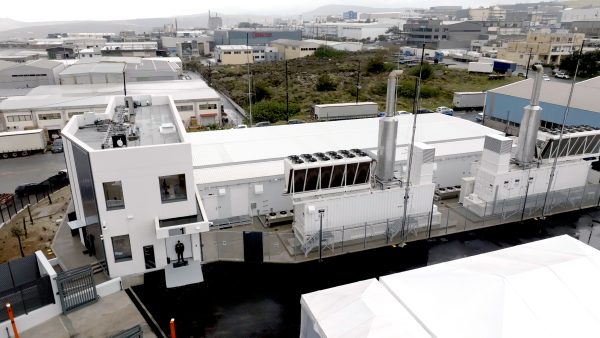
The war in Ukraine and the global energy crisis have brought the issue of energy efficiency to the forefront, not only in Greece but throughout Europe. De-dependence on Russian gas makes it necessary to implement a series of projects that guarantee security of supply through the diversification of sources and routes of supply, both for Greece, but also for the European Union as a whole.
Such projects, of strategic importance, are the Interconnection Pipeline Greece – Bulgaria (IGB) and the new LNG Terminal in Alexandroupolis (FSRU) starring DEPA Commerce, the public company that brought natural gas to Greece for thirty years guarantees the energy security of our country.
The implementation of the IGB is completed in May, according to the schedule, while its commercial operation will begin next month. Apart from the construction, DEPA is also the strongest user of the pipeline (after the Bulgarian BEH) in terms of capacity commitment, ensuring its financial viability.
Regarding the FSRU, the works started a few days ago, in the presence of the Prime Ministers of Greece, Bulgaria and Northern Macedonia and is expected to be put into operation in November 2023, doubling the ability of Greece to receive and refill liquefied natural gas, in over 10 billion cubic meters per year.
The participation of DEPA in the project was decisive for the entry of the National Gas System Operator (DESFA) but also of the neighboring countries, such as Bulgaria which already participates (with 20%) through the public company VAT. Boulgartransgaz and North Macedonia which also claims to be a shareholder.
The new terminal will receive natural gas from every corner of the world, covering the increased needs of Greece and beyond. The station will be connected to the IGB and will be able to supply all the Balkans with LNG from Egypt, the USA, Qatar, etc., thus contributing to their divestment of Russian gas. DEPA Commerce has already agreed to supply Bulgaria with gas, filling the gap created by the interruption of supply from Russia at the end of last month.
At the same time, the war in Ukraine is “reheating” the EastMed pipeline that will transport gas from the rich deposits of the Eastern Mediterranean to European markets, which is also “running” the company. The technical and financial viability of the project has already been substantiated by studies in the hands of DEPA, which is now in advanced discussions with trading companies from Israel and Egypt in order to export sufficient quantities of natural gas to Europe through the pipeline.
It is also worth noting that all the above projects will operate in synergy with each other but also with other infrastructures, such as the TAP pipeline that carries Azeri gas and the underground warehouse under construction in Kavala, turning our country into an international gas hub, upgrading its geopolitical and economic importance. It is the first time in its history that Greece acquires a key role in the energy security of other countries.
However, the role of DEPA Commerce is crucial in dealing with the effects of the energy crisis on consumers. The company absorbed a significant part of the gas price increases, offering the country’s households discounts of several tens of millions of euros.
DEPA is the only company in Greece that can offer such discounts, thanks to the long-term supply contracts it has concluded with energy supply giants, at fixed prices, which were not affected by the current price increases in the international gas markets.
In fact, in the past period the company achieved significant retroactive reductions in these contracts, returning to its customers, mainly industries, more than 130 million euros.
Finally, DEPA Commerce plays a key role in the national effort for the country’s energy transition, expanding its activities to the development of RES projects and investments in renewable gases, such as hydrogen and biomethane.
In this context, the company has created a portfolio of RES projects over 250MW and is launching its activity in the supply and marketing of electricity to large consumers.
In the same direction, DEPA is leading the development of an innovative green hydrogen project in Greece, of strategic importance for the whole of Europe, which covers the entire hydrogen value chain.
This is the “White Dragon”, a complete project, more than 8 billion euros for the production of green hydrogen in Western Macedonia, using large-scale renewable electricity (GW), which will then be stored and, through fuel cells, will function as a fixed base unit for green energy and heat cogeneration.
From the above, it is easy to conclude that DEPA Commerce emerges as a key “player” both in the energy transition of our country, and in the security of supply of the wider region. In just three years at the helm of the company, the Papadopoulos-Xifara administration managed to turn DEPA into a protagonist of energy developments in Greece and SE Europe.
Latest News

Greek €200M 10Y Bond to be Issued on April 16
The 3.875% fixed-interest-rate bond matures on March 12, 2029, and will be issued in dematerialized form. According to PDMA, the goal of the re-issuance is to meet investor demand and to enhance liquidity in the secondary bond market.

German Ambassador to Greece Talks Ukraine, Rise of Far Right & Tariffs at Delphi Economic Forum X
Commenting on the political developments in his country, the German Ambassador stressed that it was clear the rapid formation of a new government was imperative, as the expectations across Europe showed.

Athens to Return Confiscated License Plates Ahead of Easter Holiday
Cases involving court orders will also be excluded from this measure.

Servicers: How More Properties Could Enter the Greek Market
Buying or renting a home is out of reach for many in Greece. Servicers propose faster processes and incentives to boost property supply and ease the housing crisis.

Greek Easter 2025: Price Hikes on Lamb, Eggs & Sweets
According to the Greek Consumers’ Institute, hosting an Easter dinner for eight now costs approximately €361.95 — an increase of €11 compared to 2024.

FM Gerapetritis Calls for Unified EU Response to Global Crises at EU Council
"Europe is navigating through unprecedented crises — wars, humanitarian disasters, climate emergencies," he stated.

Holy Week Store Hours in Greece
Retail stores across Greece are now operating on extended holiday hours for Holy Week, following their Sunday opening on April 13. The move aims to accommodate consumers ahead of Easter, but merchants remain cautious amid sluggish market activity.

Green Getaway Ideas for Easter 2025 in Greece
Celebrate Easter 2025 in Greece the sustainable way with eco-farms, car-free islands, and family-friendly getaways rooted in nature and tradition.

Civil Protection Minister Details Summer Firefighting Plans at Delphi Forum
At the 10th Delphi Economic Forum, Minister of Climate Crisis and Civil Protection Yiannis Kefalogiannis discussed Greece's plans for the upcoming fire season.

How Shops and Markets Will Operate During Easter Holy Week
The Easter holiday schedule has been in effect since April 10, with retail stores open Palm Sunday, and most supermarkets also operating to meet consumer demand for Easter shopping









































 Αριθμός Πιστοποίησης
Αριθμός Πιστοποίησης